During a walk on the Nakasendo Trail, Kumano Kodo Trail or some other Japanese rural pilgrimage trails you will stay overnight in either Minshuku or Ryokan. Both types of accommodation are similar in that the emphasis is on very personalised service and delicious food. The rooms will be simply furnished with Tatami (straw mat) floors and you will sleep on a futon on the floor which is surprisingly extremely comfortable! The main differences between a Minshuku and a Ryokan are as follows;
-
Ryokan can be in modern or old buildings whereas Minshuku tends to be in older buildings
-
Minshuku tends to be slightly smaller and run by a local family
-
The rooms in a Minshuku are slightly more basic and the service is less formal. The service in a Ryokan tends to be closer to that of a small hotel
-
In a Minshuku you will layout your own futon for sleeping on and in Ryokan the staff tend to lay it out for you
-
There are also various customs and etiquette you should keep in mind when staying in Minshuku and Ryokan which include the following;
-
When you arrive at your accommodation you should always remove your outdoor shoes before stepping onto the raised platform area and putting on slippers which the accommodation will provide. They will also quite often provide special outdoor slippers if you would like to go for a walk around the village.

At both Ryokan and Minshuku, you will be provided with a cotton Yukata to wear which is a Japanese-style robe (or dressing-gown). You can wear this Yukata to dinner, around the village and at breakfast and you won't get any strange looks! This allows you to pack very lightly as no need for separate clothes to change into in the evening!
There is usually a communal bathing area (gender-segregated) in ryokan and minshuku although occasionally there may be a private bathroom. Red curtains are for women and blue for men. The most important thing to remember is that you should wash in the shower area before going into the bath and clothes should be left in the changing area. You shower using the small stools and buckets provided in the shower area and you can use the small white towel provided by the accommodation to protect your modesty. However, this must not be taken into the bath and is usually placed on top of your head whilst bathing! See my blog 'Experiencing Japan for the first time to find out more about my first Japanese bathing experience!

Dinner is usually served between 6 and 6:30 pm either in your room or the dining room, which means that most nights are very early nights. However, dinner is something to relax over and enjoy as it usually consists of anything between 5 and 9 different small dishes being brought out to you one after the other.
Typical dishes include various combinations of the following - rice, noodles, tofu, pickles, grilled fish, tempura, eggs, hotpots with meat, vegetables, and sashimi. Every village and accommodation will have its own specialities and variations so dinner each night is a new experience and varied affair! The only other thing to keep in mind with dinner is the fact that you will not be sitting at a table but instead will sit on the floor on a cushion - either cross-legged or on your knees - so this can take some getting used to!

Once you have got the hang of the various customs and the etiquette in Ryokan and Minshuku you will feel right at home, and your overnight stays in these charming and traditional accommodations are sure to be one of the things you remember most vividly about Japan. To find out more about exploring Japan on foot, see our walking holidays in Japan on our website.



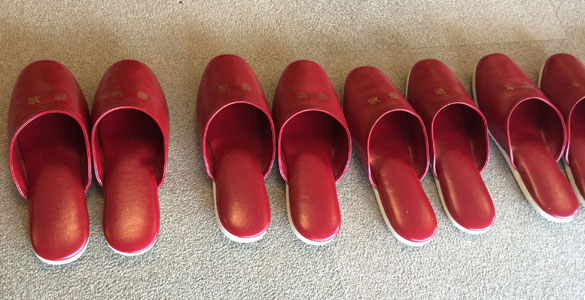




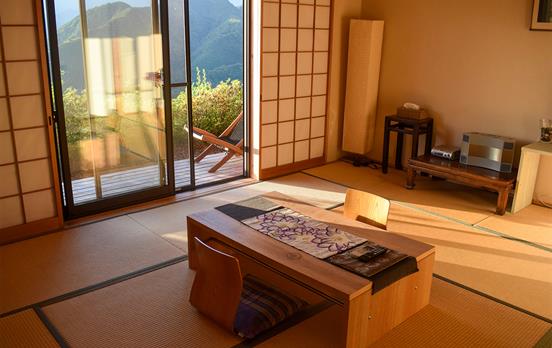
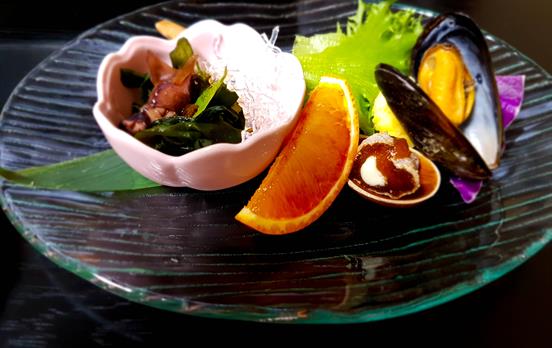
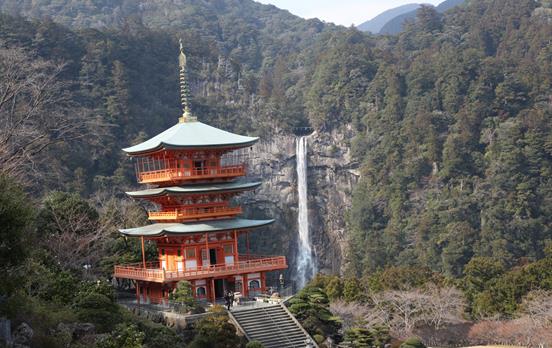
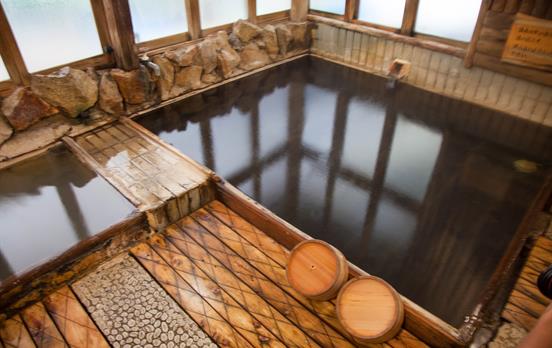
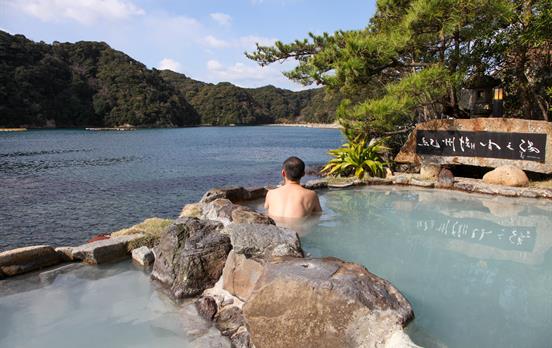
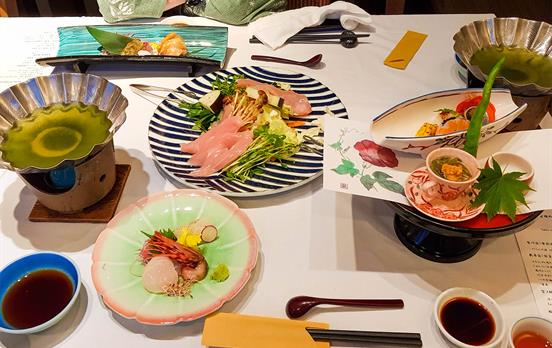
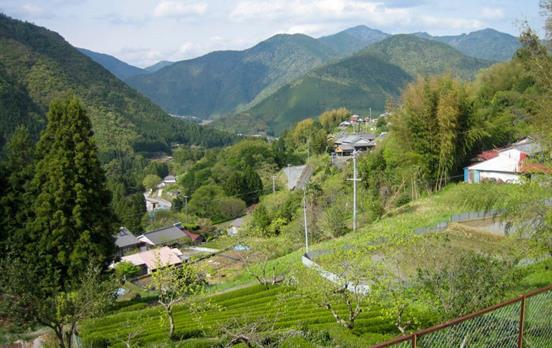
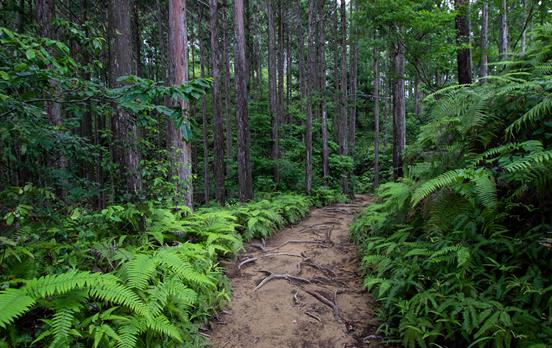


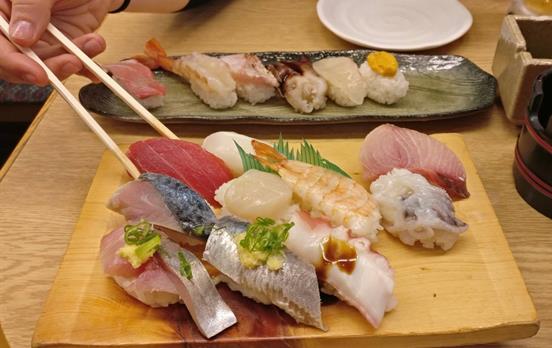
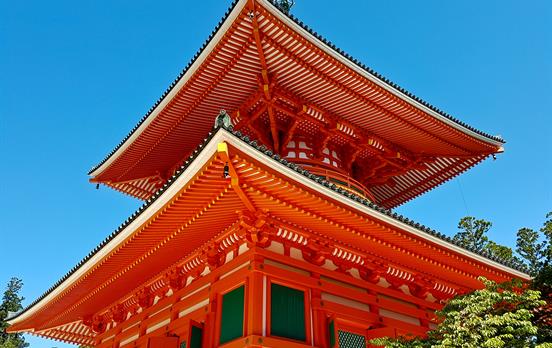
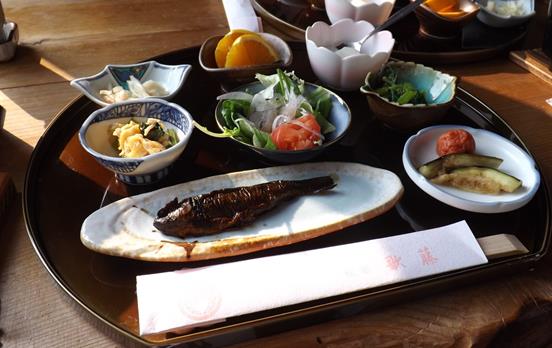
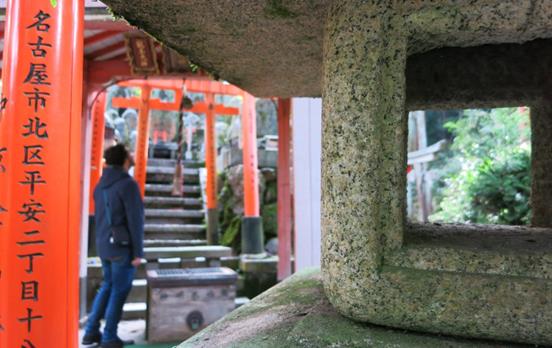
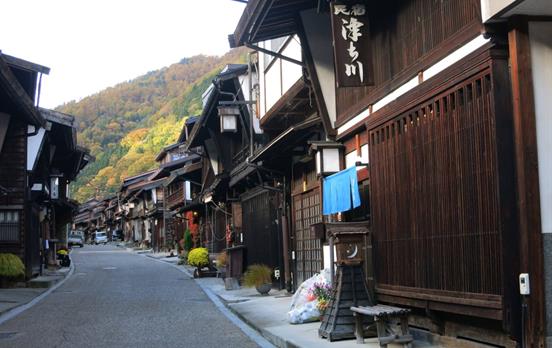
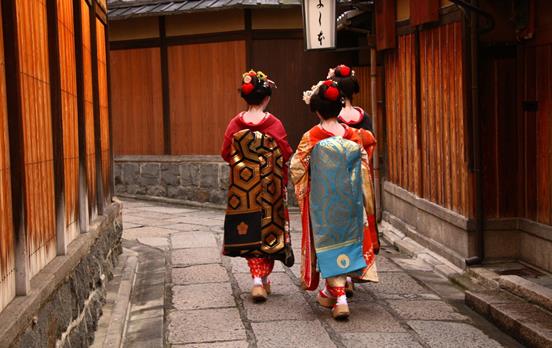
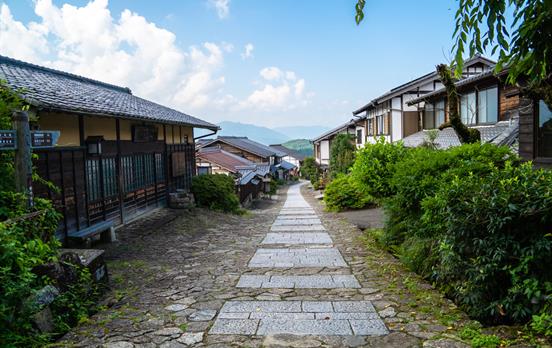
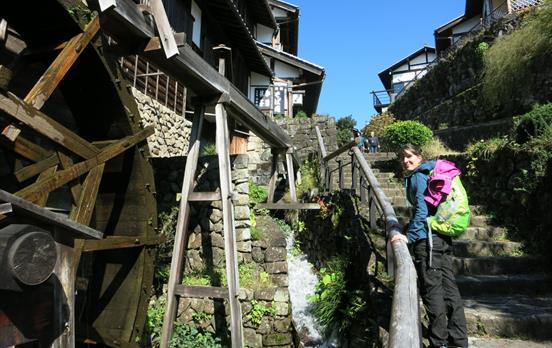
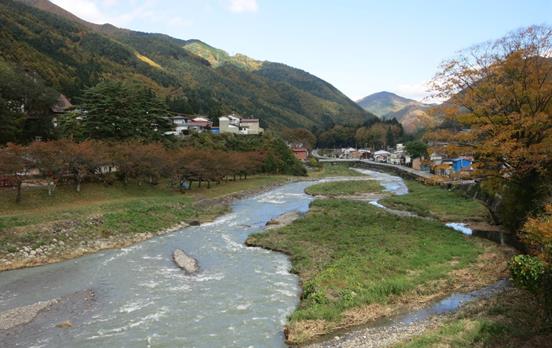


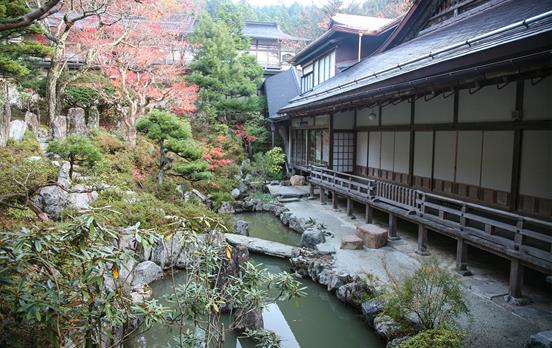
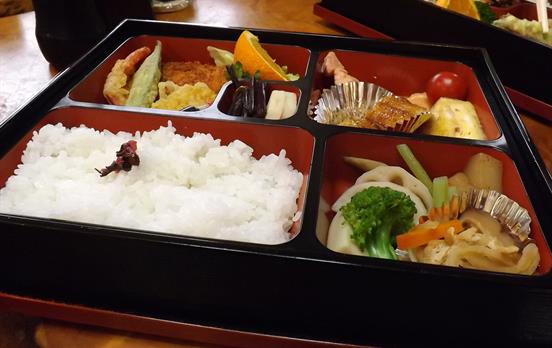
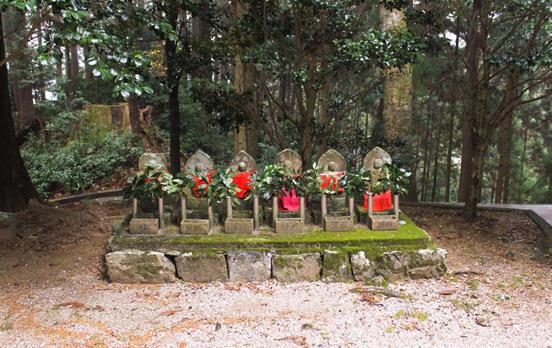
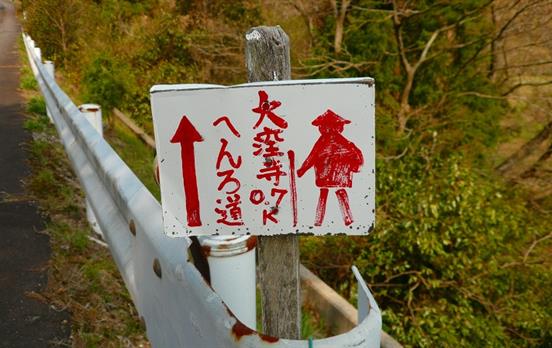
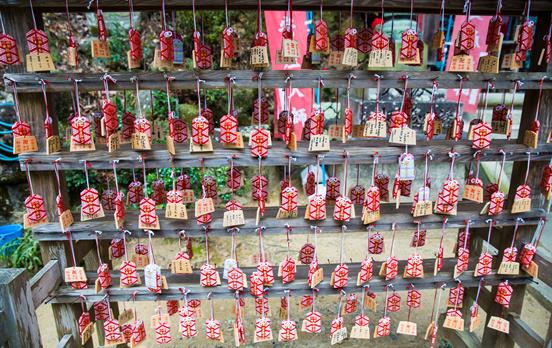
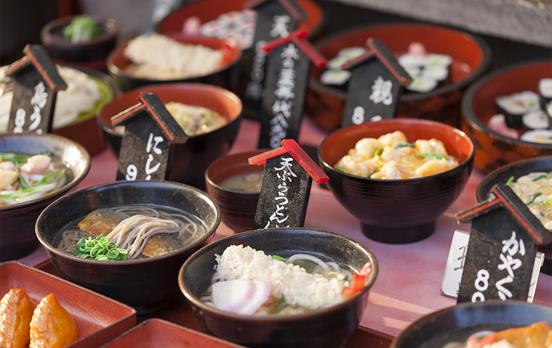
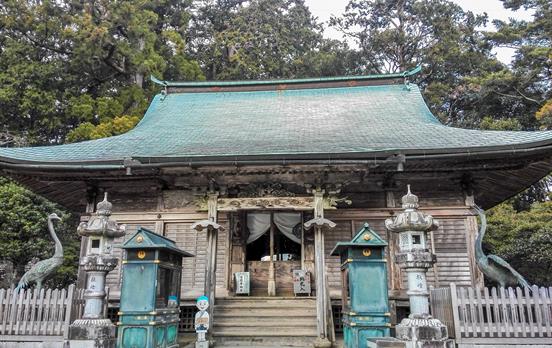
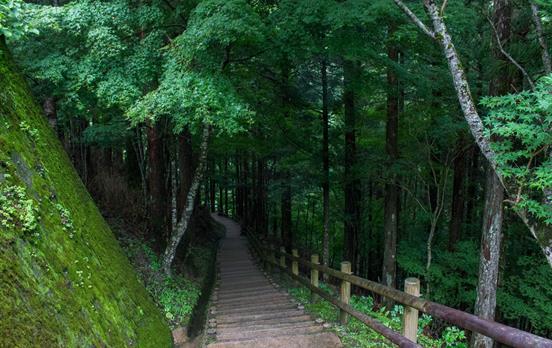
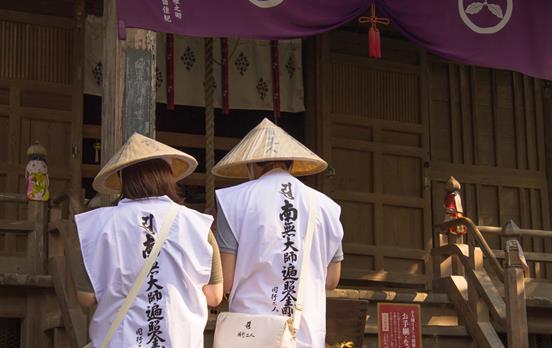

 Australia
Australia New Zealand
New Zealand South Africa
South Africa European Union
European Union